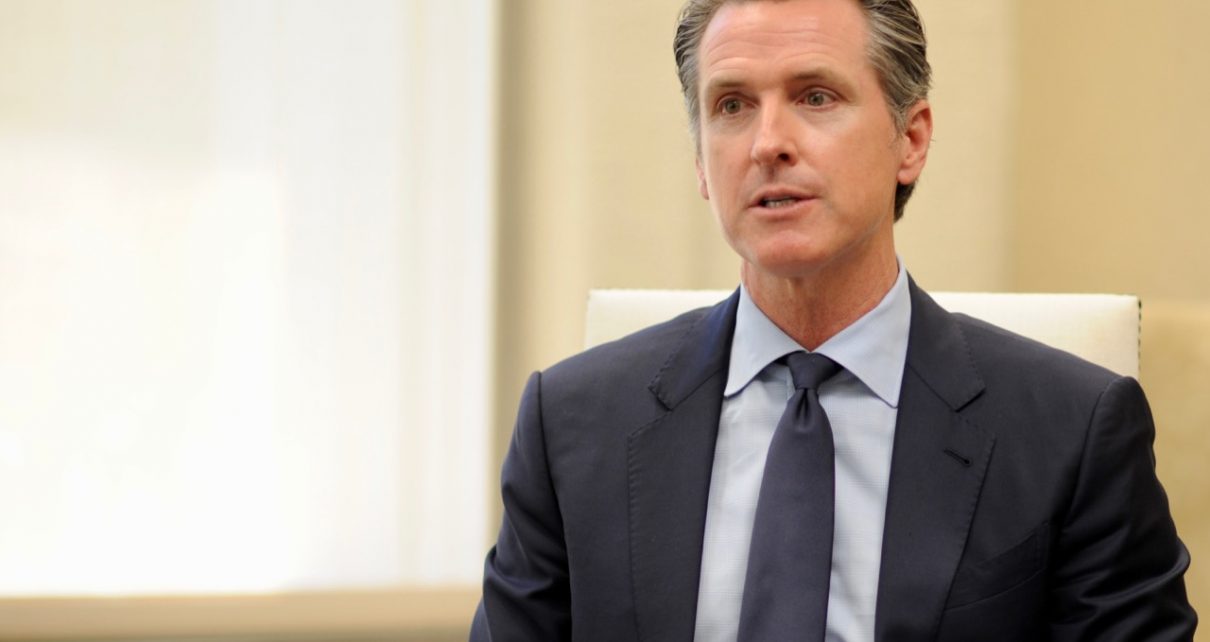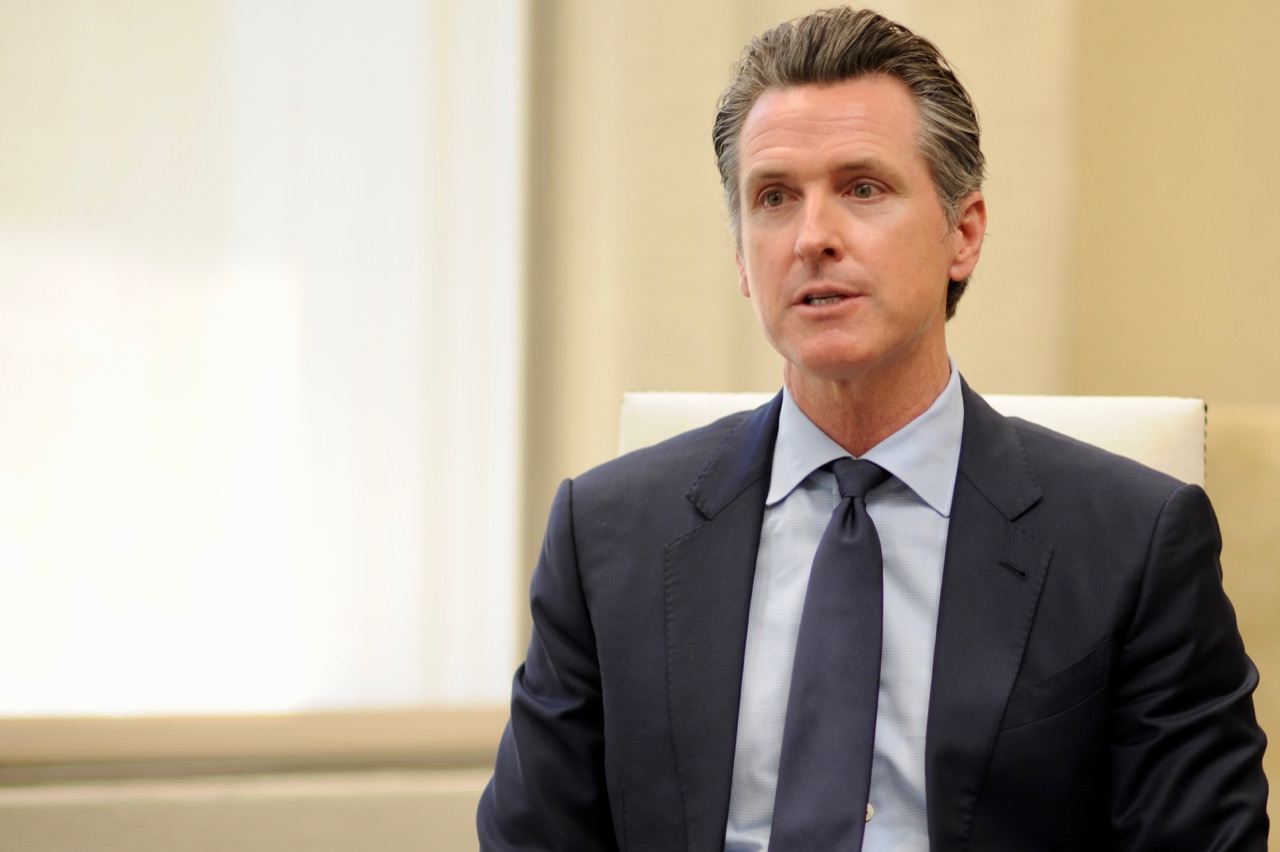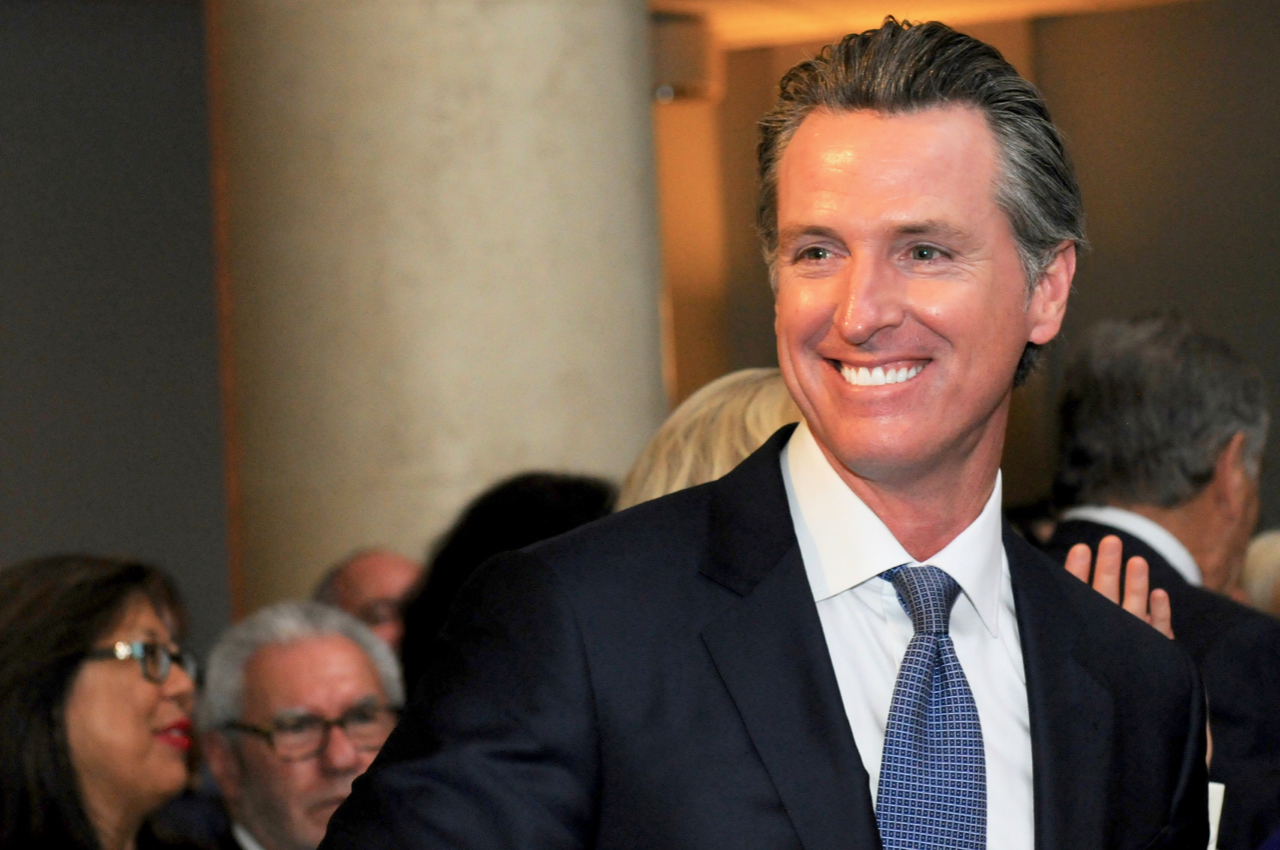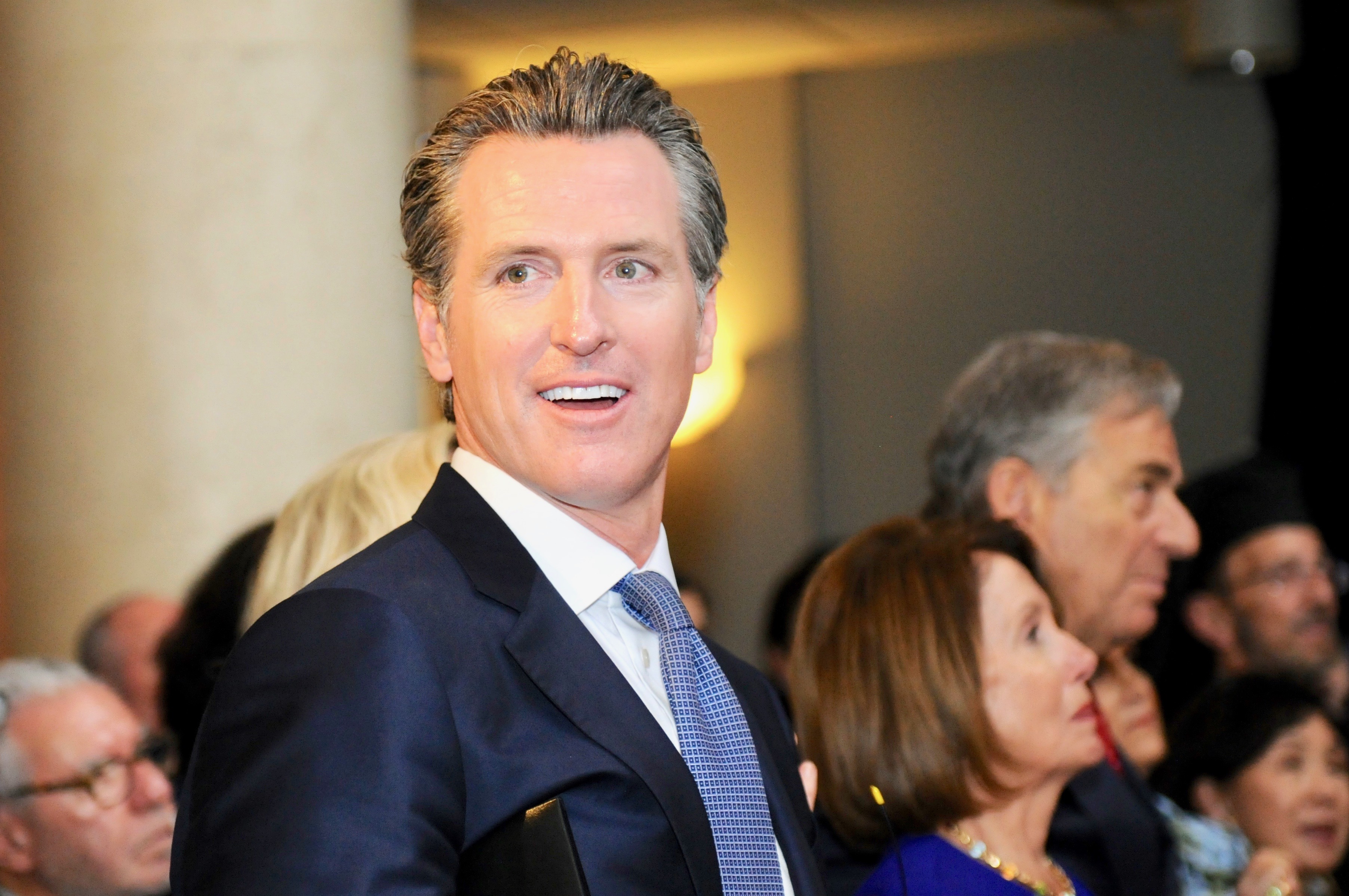
Governor Gavin Newsom. (Photo: Kevin Sanders for California Globe)
Governor Newsom Pardons Three Criminals To Block Their Deportation
Newsom’s unusual maneuver could be used again in the near future
By Evan Symon, November 18, 2019 2:22 pm

Three formerly imprisoned criminals from Cambodia and Vietnam were pardoned by Governor Newsom late last week to stop them from being deported back.
The pardons were Governor Newsom’s latest actions over immigration and deportation issues in California. Since Newsom took office early this year the Trump administration has added more laws and has increased deportation for those with criminal records. One of the main areas of the world being focused on by the administration is Southeast Asia, where spikes in crime, particularly concerning the drug trade.
While Newsom did not hold a press conference or offer comment on the pardons, his office did release a brief statement.
All three of the former criminals pardoned Friday had been convicted of violent crimes.
Cambodian Samon Pho was released from prison in 2007 after serving 12 years under an attempted murder charge while Vietnamese Quyen Mai was let out in 2008 after serving three years for being an accessory to a shooting. The other former prisoner, Vietnamese Dat Vu had been imprisoned with two counts of assault and threatening a witness.
Pho in particular was pardoned after a spirited campaign was started in October after he was detained by immigration officials. A rally in Sacramento, which garnered national attention, had even been held. The rally pressured state officials, particularly Governor Newsom, to do something about the growing number of Southeast Asian deportations. California’s status as a sanctuary state helped force Newsom’s hand, especially since all three had been released more than a decade ago and have had clean records ever since.
But his use of pardons to effectively end deportations of someone has been called into question by many, who see it as a backdoor way for jailed and formerly jailed criminals to avoid being sent back.
“It may be seen as precedent now,” said Martin Wong, a Los Angeles-area immigration lawyer. “This is a powerful tool, and if you use it now for a few, there’s not much stopping future pardons of others, maybe even those currently in jail or with more violent crimes.
“What you also need to take into account is when they got here. In Friday’s case all three had gotten here as children, leaving Cambodia during the genocide of Pol Pot in Cambodia, or getting out of Vietnam after wars with the United States and China. Or, in both cases, leaving the hardship both countries experienced after those wars and incidents.”
“There’s also some question of other immigrants from Central America who could ask the Governor to be pardoned, lest they go back to countries like El Salvador and Nicaragua where they were fleeing drug cartels and dictatorships.”
“We need to take all that into account. Some we’re looking to deport don’t even speak the language of the country they were born in – how is it justified to deport them then? Is it justifiable to break apart families? Or to send away the families only means of money?”
“Criminals should be punished, and if their crimes were particularly bad, they lost their right to being in the country. But this isn’t a black and white issue. There’s tons of factors people don’t see. Everyone the Governor pardoned had people relying on them here. Plus the crimes were older and they have since become upstanding citizens. They paid their time to society.”
“But for others who are petitioning the Governor and may receive it because out of fear from repercussions in the country or from the administration doing this, it’s not that easy an issue, and it’s not easy for a Governor to decide.”
Governor Newsom’s office had earlier called their deportations “an unjust collateral consequence that would harm their family and community.”
More pardons may be coming in the future as the Trump administration has plans to deport a greater number of convicted criminals. How many to be pardoned and what threshold there is for pardoning reasons remains to be seen.
- California Retains Title As World’s 5th Largest Economy - April 18, 2024
- LA Mayor Bass’ Newly Touted Homeless Measures Face Backlash - April 17, 2024
- Bipartisan Bill to Ban Homeless Encampments Rejected By Senate Public Safety Comm. - April 17, 2024




